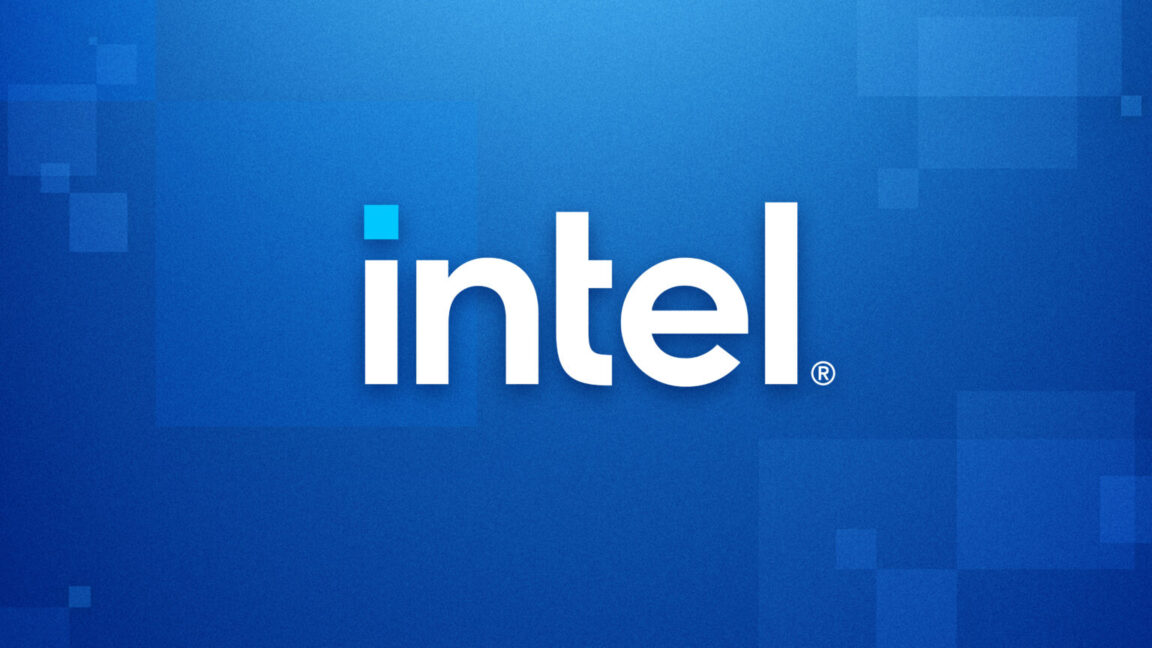I could have phrased it as "electron or similar", but the point is more that by spinning up a browser process, you get a couple more threads that do work async than you would with a native app. I wasn't trying to speak to the experience itself. Having had to work on React Native and Web the last couple years, I do miss native when it comes to work.
Despite being Electron and (I assume) React Native, I haven't had much in the way of issues with the 1Password apps on macOS/iOS/Linux... the browser extension on the other hand seems to be getting worse in Safari lately.






